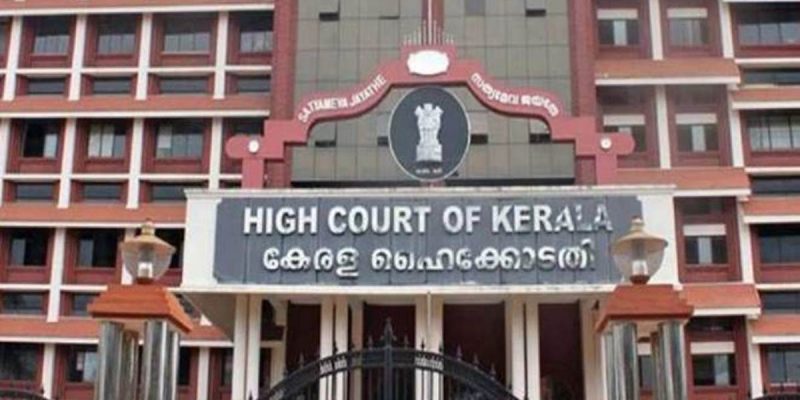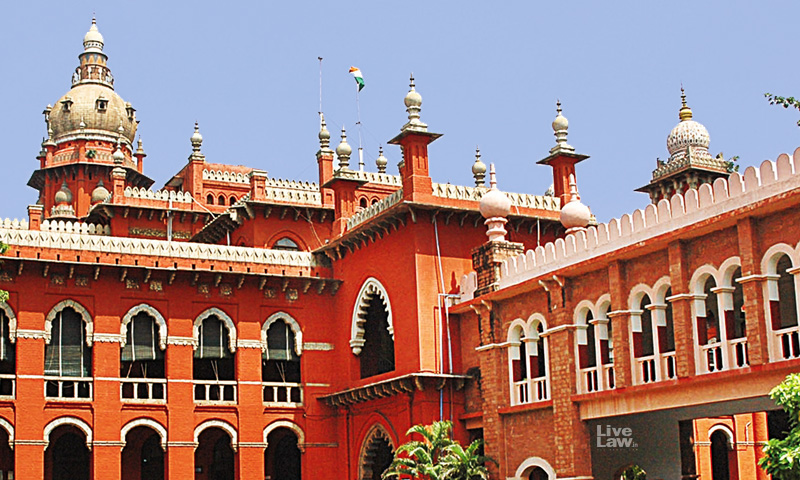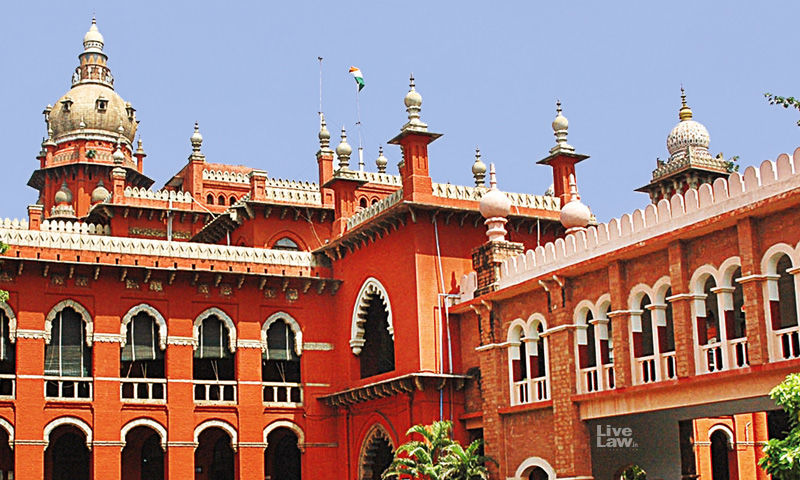
Thiruvananthapuram, July 24 (BPNS)
In a landmark judgment, the Kerala High Court held that the children of unwed mothers and the children of raped victims had the right to exercise their fundamental rights of privacy, liberty, and dignity. The court said this while upholding the right of a person to include his mother’s name alone in the birth certificate, identity certificates, and other documents.
The court further directs the Registrar of Births and Deaths, Pathanamthitta municipality to expunge and remove the name of the father from the Birth Register maintained at his office regarding the petitioner and issue a certificate showing the name of the mother only as a single parent, if such a request is made by the petitioner.
It was on July 19 that the court of justice PV Kunhikrishnan considered a writ petition to allow the petitioner to identify him by his mother’s name only. Considering the petition, the court observed that a child of an unwed mother is also a citizen of the country, and nobody can infringe any of his/her fundamental rights, which are guaranteed in the Constitution. He/she is a son/daughter of not only the unwed mother but this great country of India.
In the judgment, Kunhikrishnan portrayed the mental agony faced by a person, who does not know their parents by mentioning ‘Karna’ in the ancient epic “Maharabharatha”.
“Karna was not aware of his parents till his mother Kunthi Devi told him about the truth. In tune with this, Mali Madhavan Nair wrote a story (Aattakadha) in “Kathakali” which is popularly known as “Karnashapadham”. The mental agony and insult faced by “Karna” is picturized in a “Padham” (verse) of “Karnashapadham”,” reads an excerpt from the judgment.
It further added, “We want a society with no such characters like ‘Karna’, who curses his life because of the insult he faced for not knowing the whereabouts of his parents.”
For that, the court directed the state to protect its citizens of all such kinds as equal to other citizens without disclosing their identity and privacy. The court further reminded that otherwise, they will face unimaginable mental agonies.








